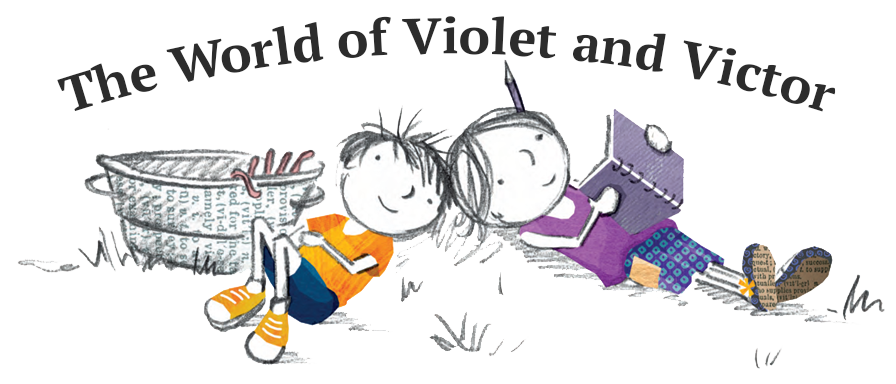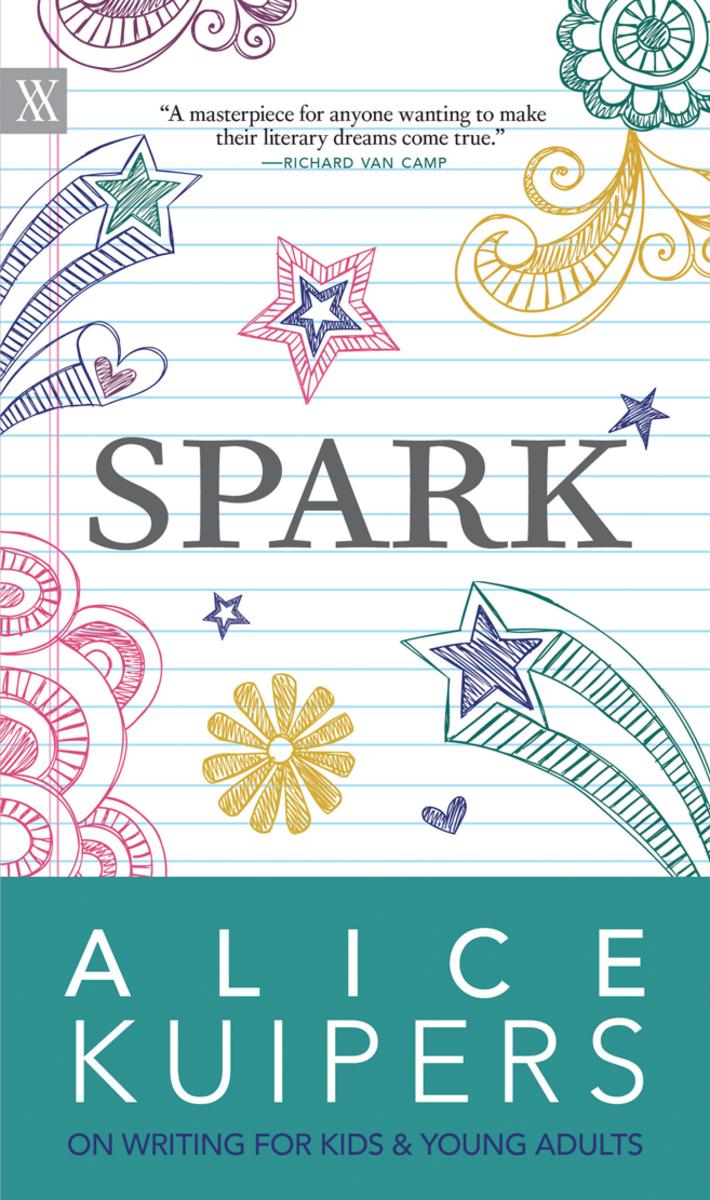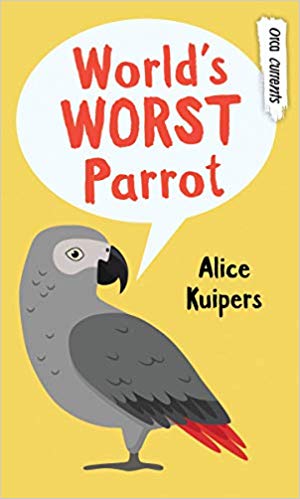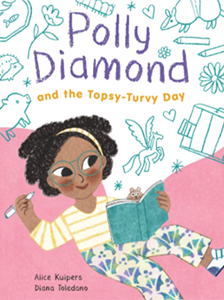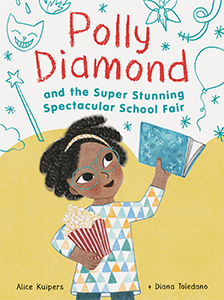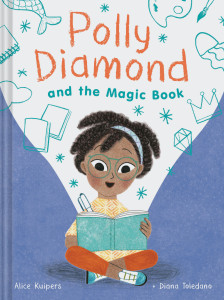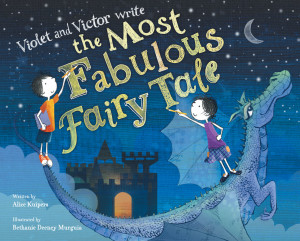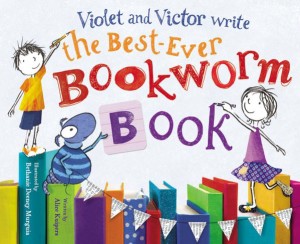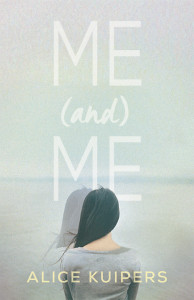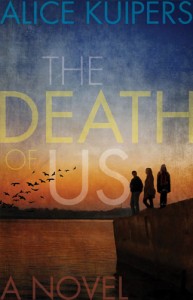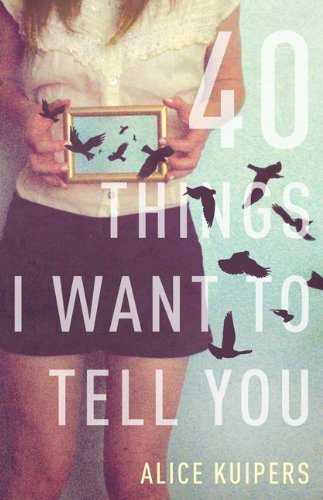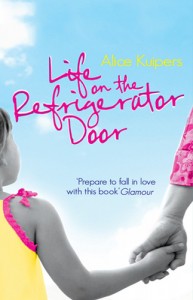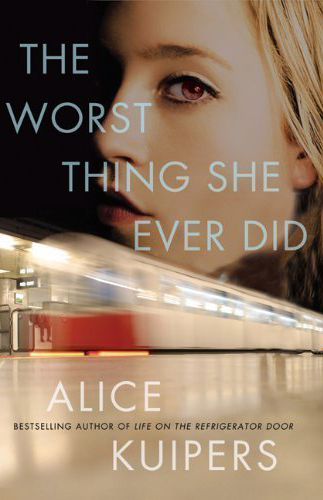How To Handle Criticism – A Guest Post from Jon Bard
 Jon Bard is Managing Editor of Children’s Book Insider, the Newsletter for Children’s and YA Writers. If you’d like to learn more about writing for kids and teens, visit http://cbiclubhouse.com and Come Join the Fightin’ Bookworms!
Jon Bard is Managing Editor of Children’s Book Insider, the Newsletter for Children’s and YA Writers. If you’d like to learn more about writing for kids and teens, visit http://cbiclubhouse.com and Come Join the Fightin’ Bookworms!
His guest post is THE VERY FIRST on my site – thanks Jon! I’ve recommended CBI to many emerging authors, so do take a look after reading his wise words.
How to Handle Criticism
Criticism is a topic many writers don’t like to think about. We work for weeks polishing a story and finally get to the point where we show it to someone else, only to have them tell us it’s not good enough. It hurts. But the road to becoming a published author means that other people must read what you’ve written and like it, and if not enough people like your story, you’re not going to get very far. (Let’s clarify “like”: writing is a subjective art, and some people may not like your opinion or topic. You shouldn’t change for them. But if the majority of your readers don’t like your presentation, then you’re not telling your story in the best possible way. It’s important that the person critiquing your work make this distinction.)
Before showing your work to someone else, be honest with yourself. Exactly what kind of input are you ready for? If you want praise, support, admiration, show it to your mother. There’s nothing wrong with praise – we all need it, especially when we start out as writers. But when you get to the point where you want candid, constructive criticism, you need to go to someone who knows the market. A critique group made up of fellow writers, a writing class, or a critique offered through a writing conference or service are good choices. When someone is critiquing your work, listen to what they say and take notes. Try to avoid getting angry or defensive. When you review your notes (it’s often best to wait until the next day), keep these points in mind:
- Did the person not like your story because of some personal bias against your topic?
- Were these comments coming from someone who truly understand the market for which you’re writing?
- Are the comments based on the structure of your story, or the style of your writing? If so, could making these changes improve your story? (Be honest.)
- Were the comments enclosed in a rejection letter from an editor?
Believe it or not, there are levels of rejection, with a personalized rejection letter being the highest level. Take the editor’s suggestions seriously—it means he or she thought enough of your work to give you some advice.
If three people have the same criticisms of your work, make the changes. In any case, try to frankly evaluate the critique, and make the changes with which you agree. Writers get so close to their stories that they can’t see the flaws after a while. If you’re open to someone pointing out these flaws, you will become a better writer.

